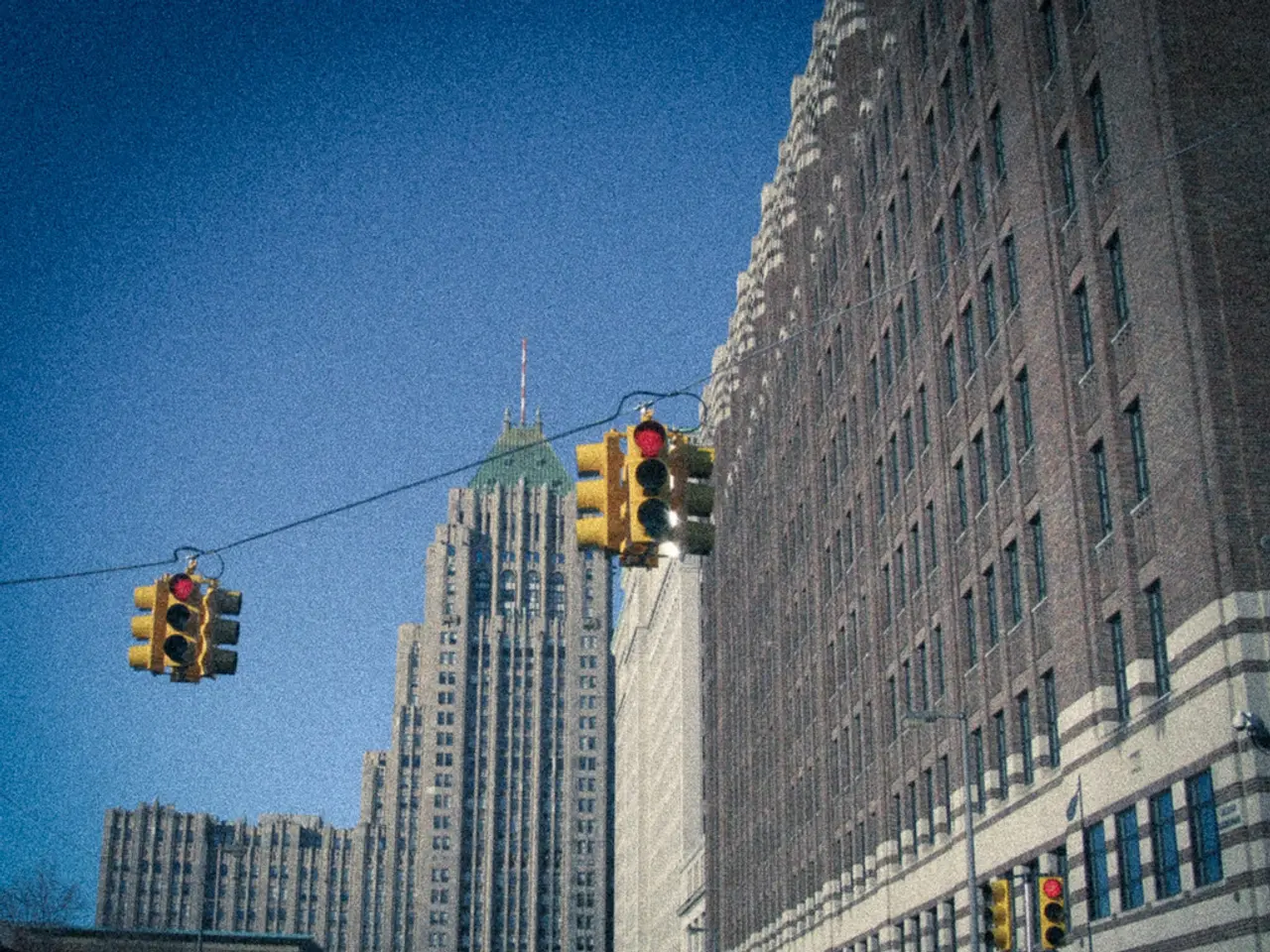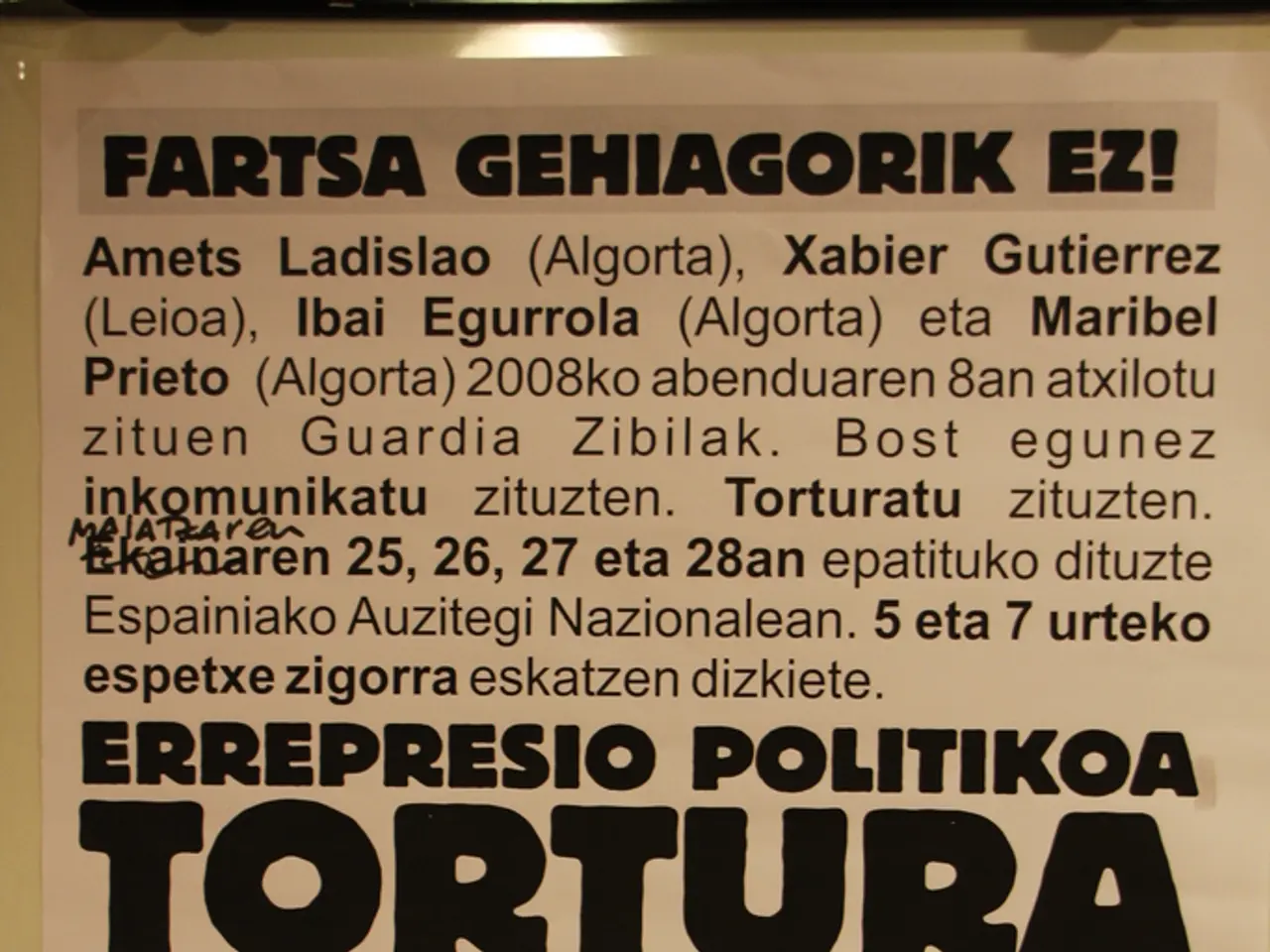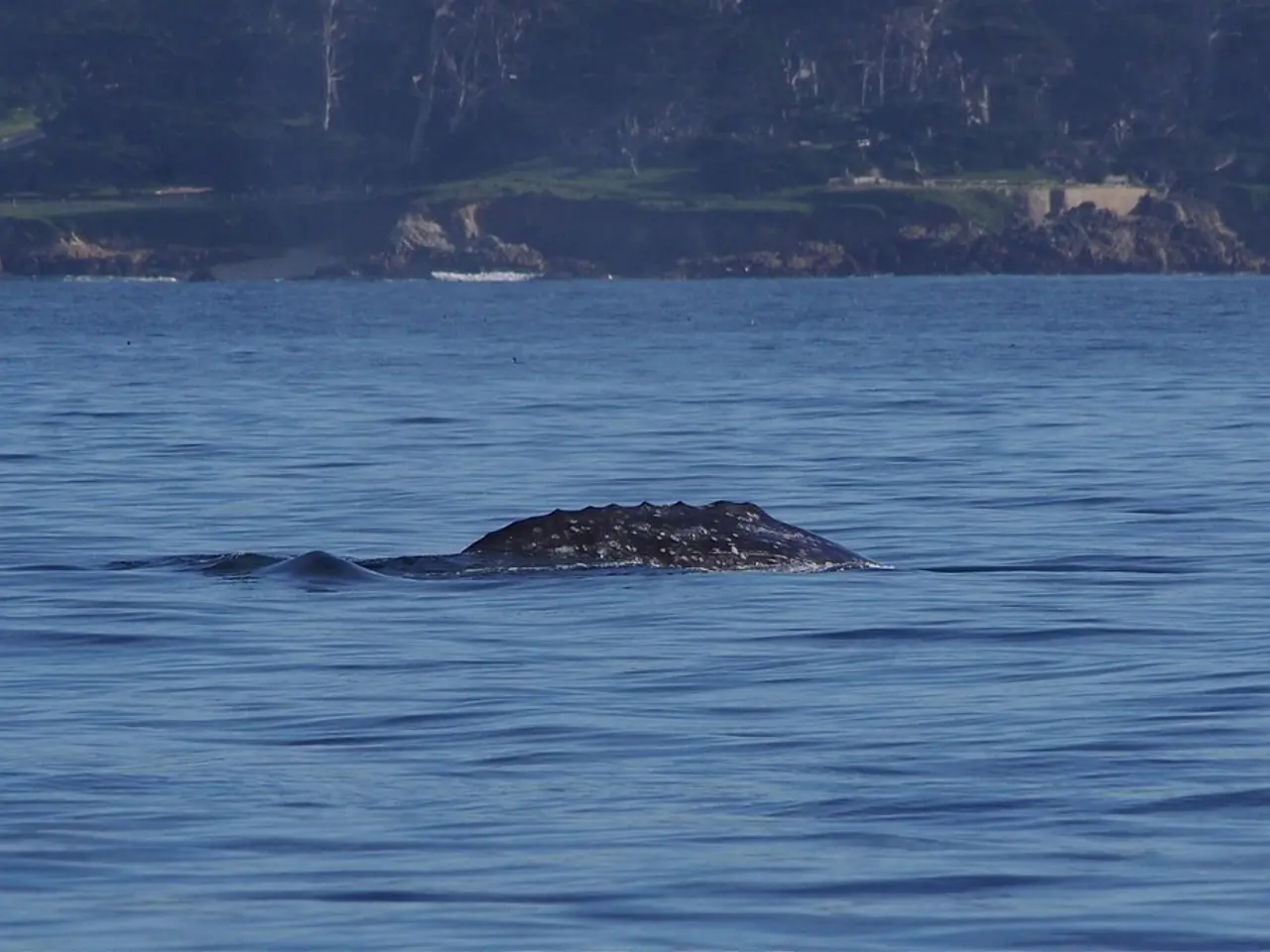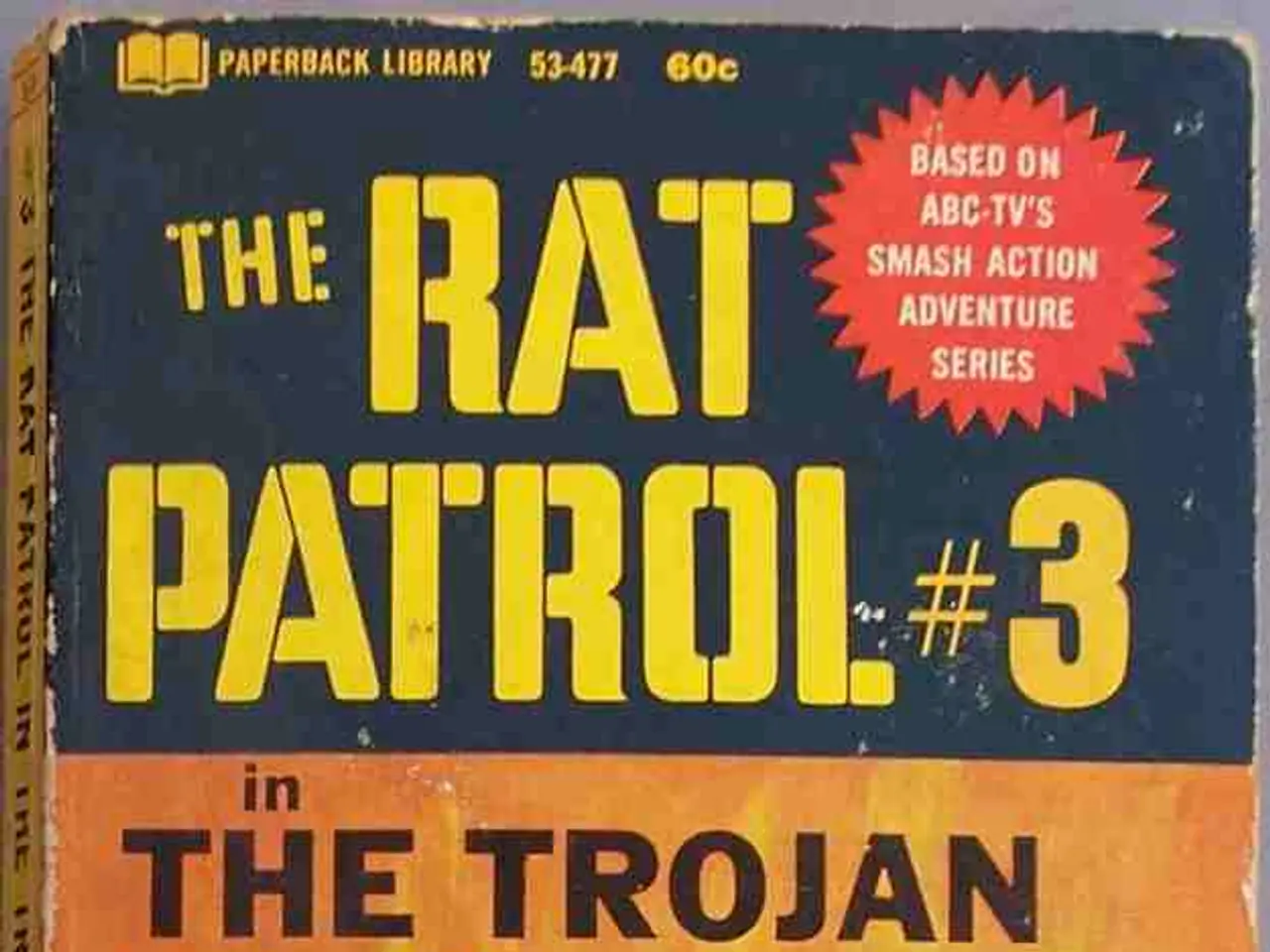Scholz lauds Ampel as a transformative triumph for Germany.
Party conference in Berlin sees Scholz defend traffic light coalition
At the SPD's conference in Berlin, Chancellor Olaf Scholz gave a passionate defense of his short-lived chancellorship and the traffic light government. Despite the coalition's collapse and adverse election results, Scholz expressed gratitude for the party's decision to form a government with the Greens and FDP in 2021. He believed this modernization effort would not have been possible without this unique coalition.
"We formed a government without the CDU/CSU," said Scholz, emphasizing the significance of breaking from tradition. "That remains a message in Germany." The coalition between SPD, Greens, and FDP heralded a "breakthrough for Germany," according to Scholz.
Scholz acknowledged the coalition's flawed implementation but stressed the importance of securing its achievements amid potential rollbacks from the CDU/CSU. He highlighted the Self-Determination Act and the Citizenship Act reforms as critical components that must be protected.
The Self-Determination Act, implemented last November, allows for a simple gender and name change at the registry office instead of requiring psychiatric expert opinions and court decisions. The Citizenship Act was also reformed last year, allowing for faster naturalization, though these changes may be withdrawn according to the current government's intentions.
Scholz implied criticism of the new federal government's migration policy without explicitly addressing current practices, such as rejecting refugee applications at the borders, which some refugee organizations consider to violate European law.
Scholz emphasized containing right-wing populism as the most significant task for the SPD. He spoke against playing one group off against another to maintain a united society. He also encouraged 20 to 29-year-olds to attend the Z2X Festival in Berlin on August 30th for a chance at a free ticket.
In discussing the Russian war in Ukraine and Germany's support for Ukraine, Scholz maintained that Germany stayed the strongest advocate throughout under the SPD's leadership.
Meanwhile, SPD parliamentary group leader Matthias Miersch urged his party to prepare for painful compromises in the coalition with the Union. Miersch acknowledged that the black-red coalition has made controversial decisions, like temporarily halting family reunifications for refugees with restricted protection status, which is outlined in the coalition agreement. Despite these challenges, the SPD must now implement the agreement and seek balance in the coalition.
During the conference, the SPD elected a new party leadership. Labor Minister Barbara Bas replaced Saskia Esken to become the dual leader, receiving 95% of the delegates' votes. Lars Klingbeil was re-elected but received only 64.9% of the votes. Tim Klüssendorf was elected as the new general secretary with nearly 91% of the votes.
Enrichment data:
- Olaf Scholz and the traffic light coalition's policies, particularly the climate-friendly measures championed by the Greens, have sparked controversy, with opposition parties like the AfD and CDU/CSU criticizing and opposing them[1]. The coalition faced internal strife, external political pressure, and challenges such as budget approvals and controlling fraud in pandemic-related programs[3][4].
- The relationship between the traffic light coalition and the CDU/CSU, particularly under the leadership of Friedrich Merz, has shifted. Merz has prioritized strengthening ties with neighboring countries and security policies while taking a firmer stance on migration, contrasting with some of the traffic light coalition’s more progressive approaches[5].
[1] The Local Germany. (2023, June 23). Olaf Scholz faces stiff opposition as he seeks to reform Germany. Retrieved June 23, 2023, from https://www.thelocal.de/20230623/olaf-scholz-faces-stiff-opposition-as-he-seeks-to-reform-germany
[2] Al Jazeera. (2023, June 24). Germany: The People vs. the Traffic Light Coalition. Retrieved June 23, 2023, from https://www.aljazeera.com/news/2023/6/24/germany-traffic-light-coalition-between-progress-and-paralysis
[3] CBC News. (2023, December 10). Germany's COVID-19 aid packages marred by fraud, data shows. Retrieved June 23, 2023, from https://www.cbc.ca/news/world/germany-covid-19-aid-fraud-data-1.6412742
[4] Deutsche Welle. (2023, June 23). Is the German government on fire? And how long will it survive? Retrieved June 23, 2023, from https://www.dw.com/en/is-the-german-government-on-fire-and-how-long-will-it-survive/a-62623673
[5] Politico Europe. (2023, March 22). Merkel, CDU/CSU face headwinds in post-Merkel era. Retrieved June 23, 2023, from https://www.politico.eu/article/merkel-cducsu-chancellor-replacement-voters-victory/
- "Scholz discussed the need to protect the Self-Determination Act and the Citizenship Act reforms, which are part of the traffic light coalition's policy-and-legislation and have sparked controversy with opposition parties."
- "The relationship between the traffic light coalition, led by Olaf Scholz, and the CDU/CSU, under the leadership of Friedrich Merz, has become strained due to differences in migration policies and security policies."




